News
Interview by Megan Schulz, Director of Communications and Events, MassBioEd
Over 20 years, several individuals have helped shape MassBioEd’s programs to meet the critical demand for high-quality education in schools and a life sciences workforce in Massachusetts. I had the honor of sitting down with four of these leaders, three past Executive Directors of MassBioEd, Cora Beth Abel, Lance Hartford, Peter Abair, and the current Executive Director of MassBioEd, Sunny Schwartz, as well as Mike Webb, who served as the Chair of the MassBio Board. Read below for highlights from each interview to see how MassBioEd’s programs, embedded in the life sciences education community today, came to be.
Mike Webb – Past Chair of MassBio
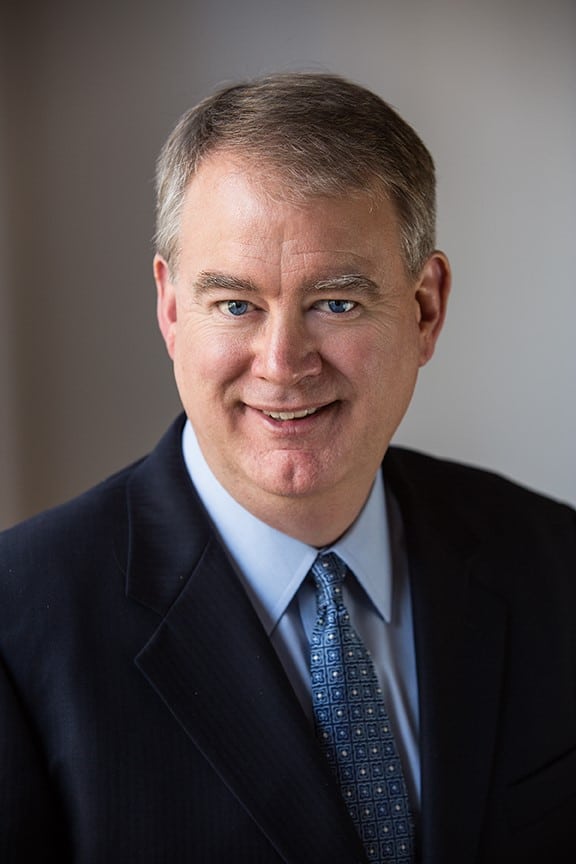
Q: What spurred the founding of MassBioEd?
A: In 2000, MassBio assembled more than 25 biotech CEOs, forming multiple committees to identify strategies to retain and grow the biotech industry in Massachusetts. The task force identified big needs. Improving secondary life science education through teacher training and support was a top 3 priority for the biotech industry, both to develop the workforce of the future and to attract employees from around the world who were very focused on education for their children. MassBio realized there was great potential to have impact and wanted to reflect the value of education. MassBioEd was an off shoot of this process and became its own corporate entity in 2001 with seed funding from MassBio and major donors, the first, and very significant, being Joshua Boger, the former CEO of Vertex, who is very interested in supporting education.
Q: What efforts were made by MassBio early on to ensure success of MassBioEd?
A: In the 1990s and early 2000s,MassBio realized there was a lot to be done at the state level to grow the industry in Massachusetts. MassBio made a large shift to become policy oriented in an effort to bring focus to the value of the life sciences industry and build the workforce locally. In 2008, Governor Deval Patrick announced a billion-dollar initiative to support the industry, providing the recognition that had been sought after, and making real progress towards publicly positioning the industry and MassBio at the forefront of workforce development.
Q: What were some of the over-arching areas of focus by MassBioEd?
A: The MassBioEd Foundation was first focused on secondary school opportunities, and initially sought endorsement from the biotech community. Teacher training became a major component of the program which at that time supported high schools through science fair initiatives and provided equipment grants to schools. Individual student scholarships were also provided to help those who wanted to pursue college degrees in biotechnology but could not afford it. As MassBioEd grew its footprint in the community, working with local schools, teachers, and science fair programs, its contribution became well recognized.
Q: Who inspired you to pursue or continue in your career in the life sciences?
A: My high school biology teacher, Earle V. Core, Jr. Mr. Core had been a pharmaceutical sales rep and had travelled the world. He kept a Physicians Desk Reference compendium of prescription drugs in the classroom as a teaching tool. He was very keen to teach us about the practical application of biology to human health.
Cora Beth Abel – MassBioEd Executive Director (2001-2006)
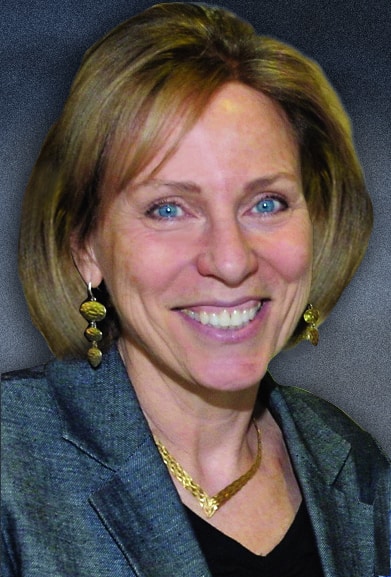
Q: As the first appointed Executive Director of MassBioEd, can you tell us what MassBioEd’s first priorities were?
A: In early 2001, when I arrived at the MBC (now MassBio) in a new position as their Director of Education, one of my first tasks was to establish a nonprofit educational charity. The then MassBio President, Janice Bourque, understood the value of science education for the biotech industry’s growth and had already begun several programs. These programs impacted individual students and schools through college scholarships, support for minority students pursuing biomedical careers, donations of lab equipment to high schools and a course that helped train Clinical Research Associates (CRA), still offered today. Our priorities in 2001 were to evaluate existing programs, expand and leverage the most effective ones, and create new initiatives in both biotech education and talent development.
In K-12, we expanded the Science Lab Awards program into the BioTeach model that today still focuses on inquiry-based learning and provides a strategic trio of teacher training, biotech equipment & supplies, and related resources to schools. BioTeach partnerships included school districts, CityLab’s mobile biotechnology bus (Boston University), and industry sponsors. A portion of funding came from MassBio’s Golf Fundraiser held each fall.
In 2004, MassBioEd was awarded a $1.4M grant from U.S. Department of Labor, which allowed us to scale-up BioTeach across Massachusetts. I credit our successful branding for BioTeach to Finton Steele, then head of Global Communications at Novartis, who brought together his staff and ours to brainstorm and define our goals for greater public understanding of biotechnology and improved science education.
Q: What did the early days of BioTeach look like?
A: The original BioTeach model is still something in which I still strongly believe. School leaders and teachers applied for funding, ensuring their pro-active participation. Ultimately, I see teachers as the most important link. If you inspire one child to pursue life sciences, that is helpful, but if you inspire and train one teacher, you can reach hundreds of children each year. BioTeach provided science teachers with what they needed most: tools and training in the inquiry-based approach to learning. Teachers who are excited about and understand bench science are best able to ignite interest and motivation in their students. To help level the playing field, we prioritized schools in underserved and high-needs districts.
Q: How did MassBioEd begin to build the bridge between education and workforce development?
A: We aimed to connect all the dots from K-20 through workforce training. The MassBio Human Resources (HR) committee identified a growing need in biomanufacturing for trained technicians. In response, MassBioEd applied for and won its first grant that was from the Commonwealth Corporation, a quasi-public workforce development agency. The resulting “BEST Initiative” curriculum was designed by individuals on MassBio’s HR committee, including professionals from Genzyme, Biogen, and Wyeth Pharmaceuticals. The final curriculum design and first training programs were held in collaboration with Roxbury Community College and Middlesex Community College, and the first round of Biomanufacturing trainees (who all completed the certificate program) were hired by biotechnology companies.
Over the six years of my tenure, MassBioEd also expanded its workforce course offerings, including “Biotechnology Project Management” which was offered for graduate credit through a partnership with Harvard University’s new Master’s in Biotechnology. Additional MassBioEd courses included “Physicians in Clinical Research” and “BioTrain” (for technician training in Biomaufacturing and QC) and a graduate-credit version of “An Overview of Clinical Research.” Additional programs and events included “Scientists in the Schools,” a biotech essay contest for high school students, support for regional and statewide Science & Engineering Fairs, co-development of MassBio’s Industry Career Directory, and presentations at conferences, including at BIO, the annual international biotech industry event.
Q: Who inspired you to pursue or continue your career in STEM-related areas?
A: My mom was a bench scientist and then a science educator, and my dad was an engineer and inventor with over 80 patents. Our coffee table was most often piled with science journals!
Lance Hartford – MassBioEd Executive Director (2006-2015)
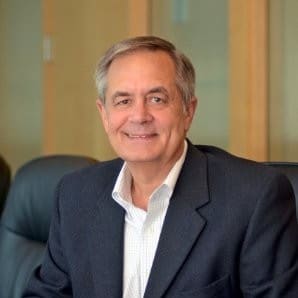
Q: What stands out to you as being the most significant of your contributions to MassBioEd?
A: During my time as Executive Director, we expanded our corporate partnerships immensely – both through charitable contributions and through the growth of professional course offerings to industry. Within our BioTeach Program, we made significant advancements. Alice Rushforth led BioTeach at the time and spearheaded the development of free curricula and teacher training workshops focused on inquiry-based, authentic lab activities. We began to work with schools directly instead of through contracts to offer professional development for teachers. Some of these workshops were first held at Framingham State University. It was also important to generate an understanding for how students could move from biotech majors in college to career paths. So, we started career days for high school and college students. These events connected professionals from different aspects of the industry with students.
Q: The effort to align higher education training with industry needs picked up during your tenor as Executive Director. Can you speak to that?
A: Bob Ross led our efforts around aligning community college curricula with industry needs. The industry needed more talent in biomanufacturing and other entry-level positions, and there was concern that there were not enough linkages between what was being taught and what industry wanted. We issued surveys, held focus groups, and convened the first seminar for industry to discuss entry level positions and results from the industry survey. This half day seminar included break out sessions where industry and academia worked together to come up with requirements and key components of skills and knowledge needed in community college training programs. We started the endorsement of community colleges which was successful in shifting the curricula to be more responsive to what industry wanted. It was a big step.
Q: What other programs did MassBioEd grow?
A: We expanded what was then called the Biotech Learning Center to include classes focused on leadership, presentation, ESL skills, among others. One of our foundational courses was project management. We also developed the first Science and Business of Biotech 101 course with support from MassBio.
Q: Who inspired you to pursue or continue your career in workforce development?
A: The idea of devoting a career to helping others must have started with my mother’s commitment to the nursing profession. I knew that there was intrinsic value in doing this kind of work and I have never regretted the decision to work for organizations with humanitarian and educational missions.
Peter Abair – MassBioEd Executive Director (2015-2018)
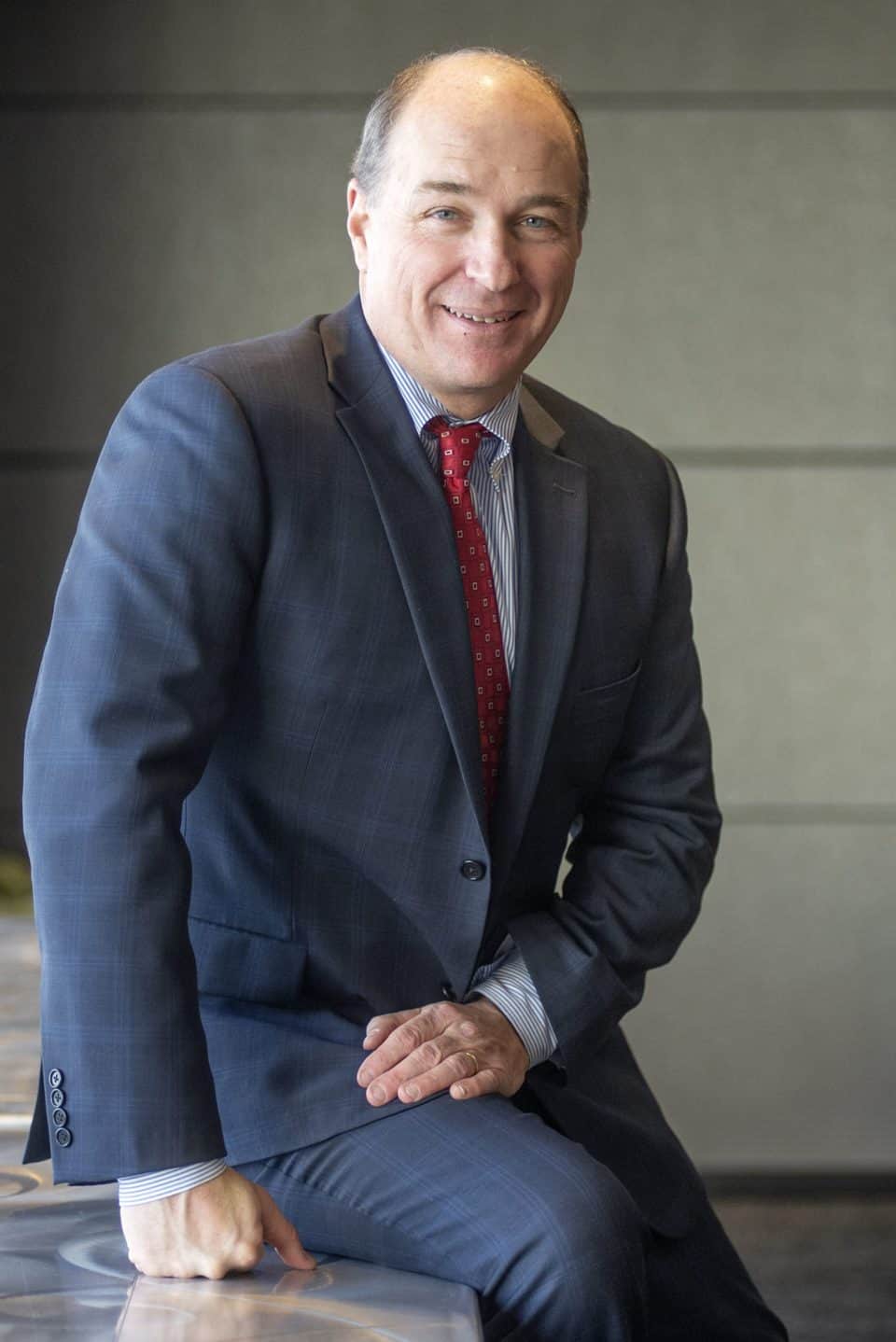
Q: Tell us a bit about what drew you to the role of leading MassBioEd.
A: Prior to taking the role as Executive Director, I worked in Economic Development at MassBio, and what I found in my experience helping companies to locate facilities, and identify incentives, is that the key, number one issue for every company was whether there was enough talent to support an enhanced presence in Massachusetts. This was true for companies both coming to and growing within MA. I wanted to help companies accomplish their goals focused on meeting unmet medical needs and identify what different assets in MA there were and how to leverage them to provide a pipeline to industry.
Q: What was the biggest change that you led during your time as Executive Director at MassBioEd?
A: With an established program like BioTeach in place that provides critical teacher training and career exposure for students, there was no better place than MassBioEd with natural connections to many companies, to bridge the early-stage focused programs with the talent needs of the industry on the front-end, where actual hiring decisions are being made. We built on what Lance had started to better understand the data and training assets in Massachusetts and to identify where gaps were in different skill areas. Moving MassBioEd to think about economic development and master the space allowed us to understand what was happening in workforce development and helped companies to succeed in their missions. Becoming a great source of labor market data and the place companies would go to understand where to get workers and what the trends in hiring were, led to more industry engagement to support front end programming and develop new partnerships.
In 2016, we held the first Life Sciences Workforce Conference and grew it over the years with the goal of helping industry work with higher education and K-12 establishments to rectify the gaps in training. We also continued to expand career exploration events for students to expose them to opportunities in the industry, introducing a program that brought industry professionals into the classroom.
During my time, we increased our investment in the functional area of research around workforce trends and with that information, engaged industry and corporate voices in a different way than previously. All the while, I had a terrific team that worked together rather seamlessly and understood the whole mission of the organization, supporting its critical objectives. I enjoyed my time at MassBioEd.
Q: You also started the Champions for Biotechnology Education Awards Reception. Why did you feel this was an important event to introduce?
A: The Champions Reception married the two sides of MassBioEd’s brain. We wanted to recognize teachers for their contributions to biotechnology education at the high school level but also had incredible support from corporate leaders that needed to be showcased, highlighted, and recognized so they would become held as role models for others in the industry. This waved the flag that this is something essential for the industry to do and leaders to be involved in, sending the exact message that the industry wants to hear. There are ample opportunities to support organizations like MassBioEd and others that are focused on education in public schools and beyond, and the hope is to gain more champions for supporting them. It’s an opportunity for companies to put a stake in the ground and say “yes, we do care, these students and teachers are important for us”.
Q: Who inspired you to pursue or continue your career in economic development?
A: It was an entire generation of hard-working people, including my parents, in my hometown that inspired me to work in economic development. I grew up in Pittsfield, MA. In my youth, it was a thriving community and had a robust economy. Pittsfield is on the upswing again but suffered difficult times for many years after its primary private sector employer moved away. In making economic development as a career and focusing on Massachusetts, I came to realize that for Massachusetts to compete in the global economy, it must lead in the global economy. Nothing drives such economic leadership more than having a talented workforce that can adapt to the needs of the innovative economy. That is one reason I enjoyed being at MassBioEd so much, as inspiring STEM through teachers and connecting students to the world of biotechnology was at its core.
Sunny Schwartz – MassBioEd Executive Director (2019-Current)
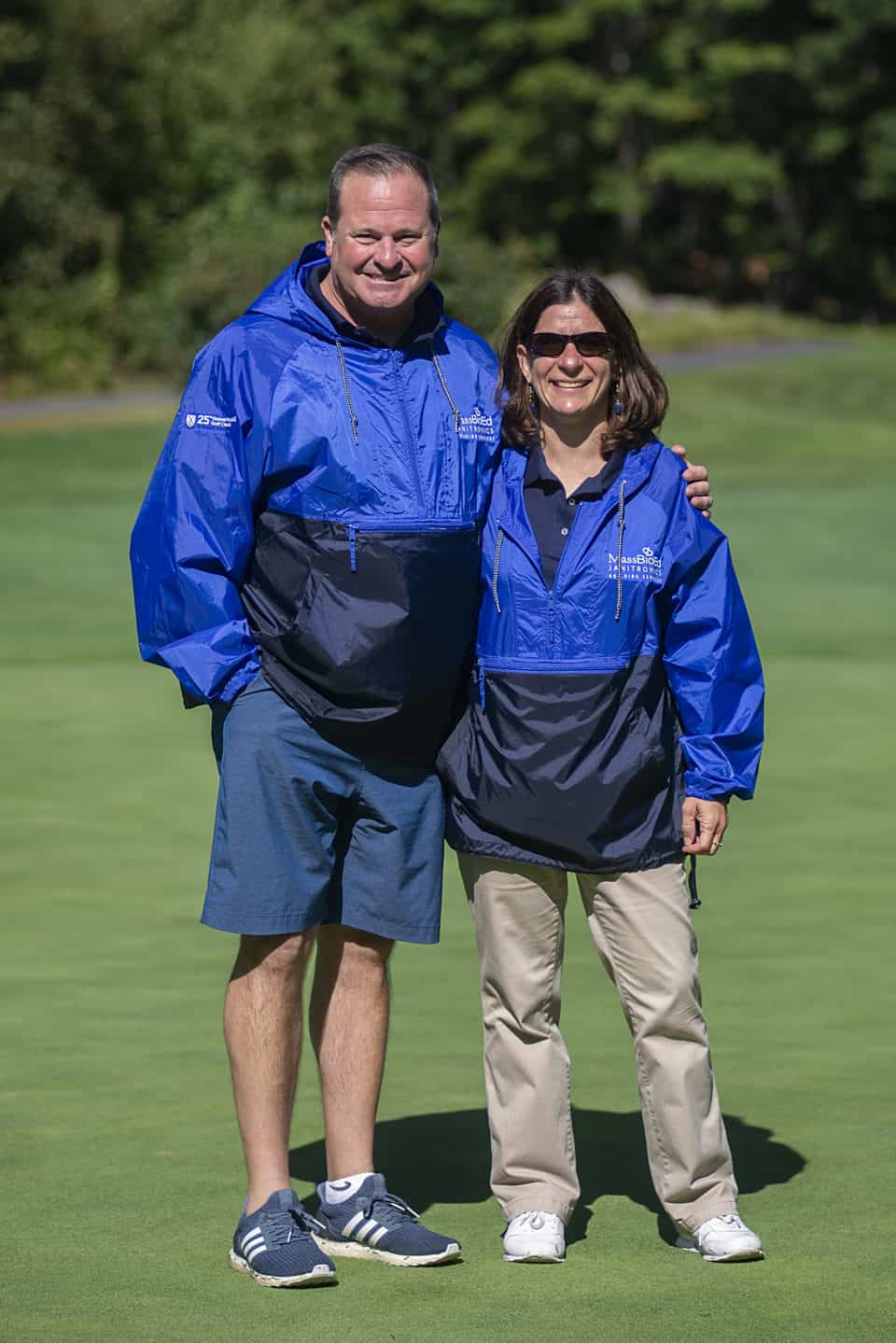
Q: MassBio and MassBioEd have had a relationship for many years, naturally. Describe MassBioEd’s relationship with MassBio today.
A: Over the years, MassBioEd has maintained a very strong relationship with MassBio with real collaboration. Our relationship with MassBio is critical to our work. We are referred to as sister organizations because the work we do serves MassBio members, as their members need to fill the high demand for positions. Essentially, we are still the workforce development and education arm of MassBio that we began as. We offer MassBio members volunteer opportunities to provide an impact on students pursuing science degrees and provide professional training courses to employees to develop and enhance career skills. Additionally, we are building the next generation of life science workers in Massachusetts through our education and workforce development programs, such as the BioTeach ACCESS Program and the first Life Sciences Apprenticeship Program.
Q: How important is diversity and inclusion to MassBioEd’s mission and in what ways are you tackling the issue in our industry?
A: It is critical. Diversifying the workforce is now part of our official mission. Diversity is excellence. The life sciences industry wants to diversify its workforce. MassBioEd can help with this effort by providing education and training to populations who have not had access to industry previously. One way we are accomplishing this is through our ACCESS Program which is serving under-served districts and providing curricula, equipment, training, and ongoing support to build a community that provides authentic science lessons with embedded career connections in all middle school science and high schools in the district. The program also allows for a deeper, broader, and measurable impact.
Another example of how we are tackling this issue is through the first Life Sciences Apprenticeship Program, a certified apprenticeship program that helps individuals enter the workforce, who would not have had access to jobs in the industry, otherwise. The Apprenticeship Program is a tangible benefit to companies who are continuing to experience increased need for talent.
Diversifying our Board is important, and we have undergone some significant steps this year under the direction of Lauren Celano, President and Co-Founder of Propel Careers and MassBioEd Vice Chair. We will continue to work on ensuring diverse perspectives are represented on our Board and staff to lead us into the next twenty years.
Q: What do you see as being the biggest opportunity for growth or impact for MassBioEd?
A: First, we have grown from nine to 14 employees in less than two years. With our growing team, we have been able to expand our career awareness work to serve 2,000 students annually with more capacity to grow significantly in future years. We also expanded our ACCESS Program to additional school districts to provide a deep impact on students in high needs districts. We are launching the first Life Sciences Apprenticeship Program, which could grow to serve additional occupations. We have also expanded our professional training course for industry professionals to include more soft skills and technical skills courses. We could not have expanded our impact in these significant ways without the support of our funders.
There may be an opportunity to launch a BioTalent Career Center to provide soft skills training, career information, and career coaching to help job seekers enter the life sciences industry. We want to continue to help youth and adults enter the workforce, providing access, and diversifying the industry.
Q: Who inspired you to pursue or continue your career in workforce development?
A: This may sound cliché, but my mom. Not directly but through the values she imparted. I grew up in the suburbs of Detroit. A generation before, the Detroit my parents grew up in was a different city. I saw the devastation caused by the abandonment of Detroit by all those who could afford to leave. Witnessing a city in poverty, along with the social justice values of my secular Jewish parents, I vowed to do my part to help bring people out of poverty into prosperity. When I attended public policy graduate school, I realized there were many fields one can pursue to lift people out of poverty, from education to urban planning to public health. I decided that helping people get the skills for great jobs would be a direct contribution to the effort, working alongside my colleagues and friends who pursued the other important fields. And together, we will make our mark on helping people prosper.
Where are they now?
Mike Webb
Mike is the CEO of CXL Ophthalmics and serves on the Boards of Coagulation Sciences, DeuteRx, GMDx and Riffit.
Cora Beth Abel
Cora Beth is President of Abel Design LLC, where she helps nonprofit organizations and small businesses to develop creative strategic plans, raise funds and build inclusive partnerships. Previously, she served for 14 years as President & CEO of MSEF, a nonprofit organization that advances science literacy and a culture of research in schools, supporting youth who aim to make the world a better place. At MSEF, she expanded their flagship program, the statewide Science Fair, and led the creation of Curious Minds, raising over $3M for this statewide initiative for youth to explore real-world, meaningful scientific research guided by a mentor. Prior to joining MSEF, Ms. Abel co-founded and led MassBioEd, where she designed and directed BioTeach, a dynamic model of early-stage workforce development in the life sciences.
Ms. Abel has served on several advisory committees, including the Massachusetts Workforce Investment Board (Governor’s Advisory Group), the STEM Summit Planning Committee, the board of directors of the Cambridge Center for Adult Education, a proposal review committee for the US Dept. of Education (then HEW), and as president of the Cambridge Tennis Club.
Lance Hartford
After leaving MassBioEd, Lance started Dovetail Consulting which offered development services to colleges and not for profits. He is now retired and still trying to perfect a golf swing and a double haul fly cast.
Peter Abair
Peter is Executive Director at MassEcon, a statewide economic development non-profit that champions Massachusetts as a place to do business. MassEcon markets Massachusetts beyond its borders, provides site location services to prospect companies, develops unique economic research to support its partner member organizations, and annually recognizes employers that have made the decision to locate to or grow in Massachusetts. In 2020, MassEcon assisted on projects that brought 1,101 new jobs to Massachusetts with $650 million in direct facility investments. MassEcon was recognized as Organization of the Year by the Boston real Estate Times in 2020. Pete resides in Sudbury, Massachusetts with his wife and three children, is active in a number of civic organizations, and coaches youth baseball and hockey.
Sunny Schwartz
Sunny is continuing to grow MassBioEd’s programming to help people who have been left out of the industry gain access to great life sciences careers while helping employers fill critical labor shortages.
Learn more about MassBioEd’s Past 20 Years.

 MassBioEd
MassBioEd